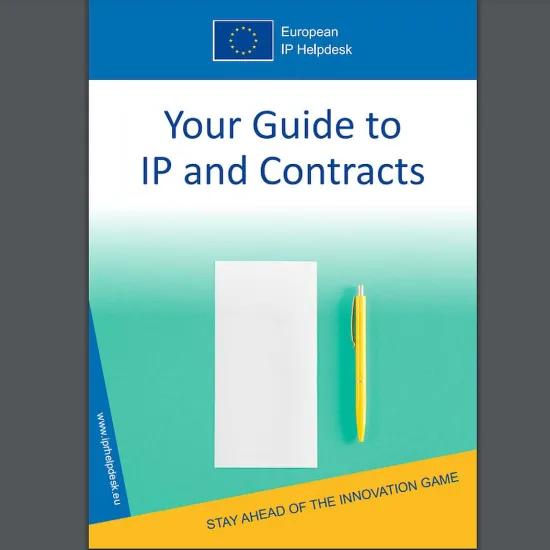In the European patent system a great change is occurring : the Unitary Patent package and its related Unified Patent Court will come soon into force. Have you heard about it yet? What will it change for patent applicants?
Today, the Unitary Patent is about to become reality. We are only one step away from what will be the most significant reform of the European patent system in nearly 50 years. Inventors, companies, start-ups and investors are impatiently waiting for this new system to start because of the financial benefits and procedure simplification it will bring about. The Unitary Patent and the Unified Patent Court are its building blocks which will supplement and strengthen today’s existing centralised European patent granting system.
As you know, inventors can protect inventions in Europe via a national patent or a European patent. The EPO carefully examines patent applications before granting them. But once granted the European patent is not a unitary right. It only comes into existence as a bundle of national patents. The European patent must be validated and maintained individually in each country where it takes effect.
This process can be complex and costly, as the requirements differ between the various countries. To limit these costs, most patent holders validate the European patent only in a handful of countries, with as a consequence that they enjoy only limited patent protection in Europe. Similarly enforcement of the European patent is to be done in front of national courts, which causes fragmented litigation system equally resulting in high costs and complexity for users as well as parallel litigation and different member states with the risk of diverging national decisions.
The Unitary Patent package will remove all these shortcomings right from the outside. The Unitary Patent and the Unitary Patent Court will reduce complexity increase, legal uncertainty, reduce the administrative burden and most importantly, it will cut costs for patent holders.
With this simpler and more cost effective system for applicants, one will get patent protection up to 25 EU member states by submitting a single request to the EPO. By design, it will create enhanced flexibility for companies, particularly smaller ones, to international markets, depending on their initial success of the patented product under the current system.
Together with this reform, the newly created international court, called Unified Patent Court (UPC), will act as a jurisdiction tool for infringement and revocation actions relating to both Unitary Patents and classical European patents.
How will it impact your patent filing strategy, portfolio management or your litigation strategies? To know more about this topic, contact our expert.





